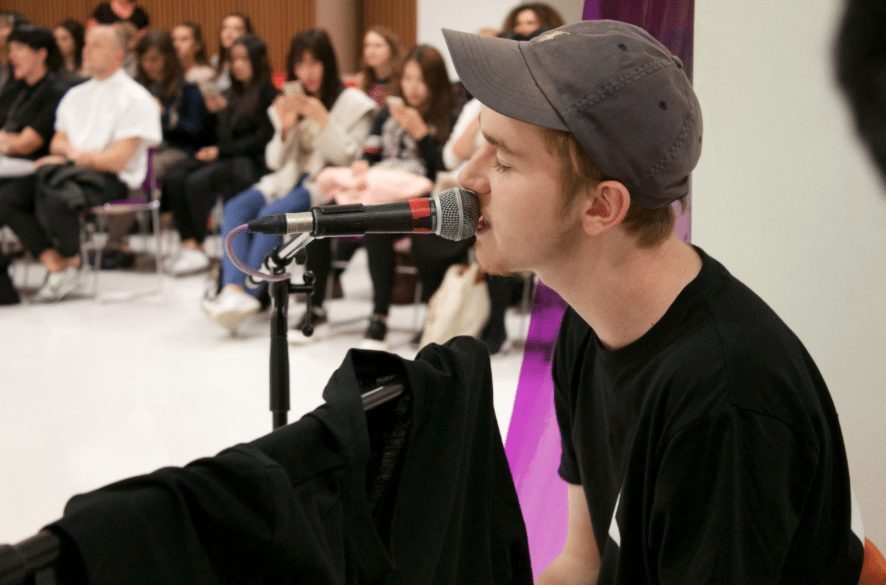Slam poetry: the voice of the next generation
Every time I read the poems on the night before my seminar, I find myself reading aloud and trying to imagine how this poem would have sounded coming from the lips of its composer. But the oral poetry isn’t reserved for the 19th century poets: the 21st century spoken word and slam poets have reinstated the oral form of poetry in a way which is deeply compelling but effortlessly playful.
Students are at the centre of the British slam and spoken word scene. Luke Peter Foster, a spoken word artist who currently studies at Nottingham Trent, concluded that for him it is “just the most accessible form of poetry for young people”. The links between rap and hip hop are clear. Luke added that spoken word “is very empowering because it gives me the ability to tell stories without interruption. We are not encouraged to tell stories anymore, so spoken word is really important because it promotes this and allows young people to speak out.”
Students are at the centre of the British slam and spoken word scene
Ella McLeod, a student here at Warwick, established that she is more drawn to spoken word over other forms of poetry because she loves the performance aspect of it: “I’ve always performed and I think I am at my most expressive, articulate and communicative when in front of a crowd. There’s something about being able to occupy a performance space that contains so much meaning in a way that for me page poetry just doesn’t.”
The importance of the performance aspect of spoken word distinguishes it from other forms of popular music which calls upon poetry for its foundations, such as rap. Luke said that young people prefer spoken word to rap because “rap doesn’t leave as much room for theatrical performance in live shows, whereas spoken word relies on this.”
There’s something about being able to occupy a performance space that contains so much more meaning in a way that for me page poetry just doesn’t
Ella feels that this oral form of poetry has become so popular with young people because “day to day it’s difficult to articulate how angry and scared and frustrated and disenfranchised we as young people feel. But in a poem on a stage using I don’t know a hurricane as a metaphor, it gives us a voice and agency, when we have previously been hushed or silenced and I think that’s part of the reason for the re-emergence of oral poetry amongst our generation.”
Spoken word enables young people to have a voice and to be heard in the turbulent times of today
The similarities to the American Beat poetry wave of the 1940s and 1950s are inescapable. The Beat Poets reacted to great social change in their poetry, so I asked Ella and Luke if they would consider spoken word poetry a second wave of this earlier form and their responses were conflicting. Luke felt that spoken word should not be considered a ‘wave’ as he feels it has “longevity” and will not pass over, whereas Ella felt very passionately that spoken word is indeed a second wave of beat poetry because we are experiencing a time of great social upheaval and change similar to that which the beat poets experienced in the 40s and 50s. Ella felt that today “we need to think ‘okay well Ginsberg was fighting for this and this, and that was great for them’ but we need to build on that, examine that, interrogate that and criticise that and now create our own poetry and our own culture of expression”.
Both Luke and Ella established that the most important aspect of spoken word poetry for them, and for many other young poets, is that it enables young people to have a voice and to be heard in the turbulent times of today. In order to be heard, one has to vocalize their thoughts, and perhaps that is why this new form of poetry demands to be ‘spoken’.

Comments (2)
merci pour cet excellent article qui reflète très bien le mouvement slam poésie